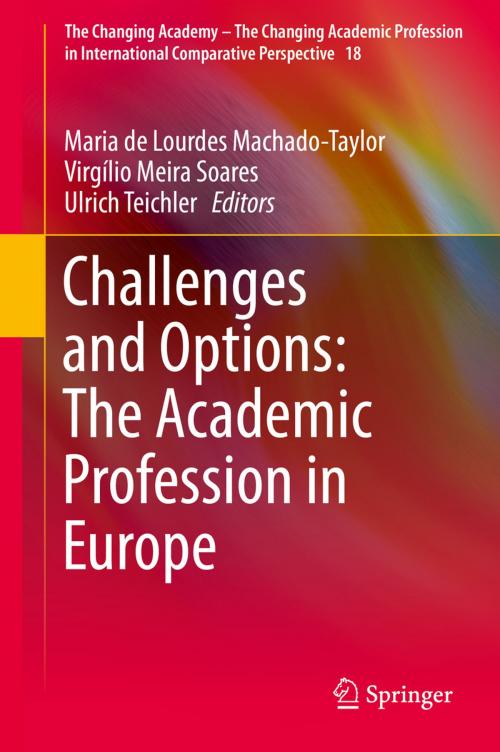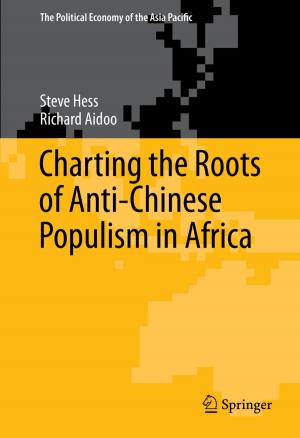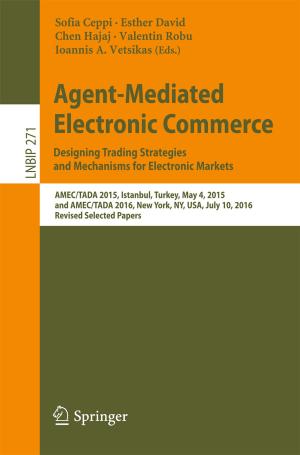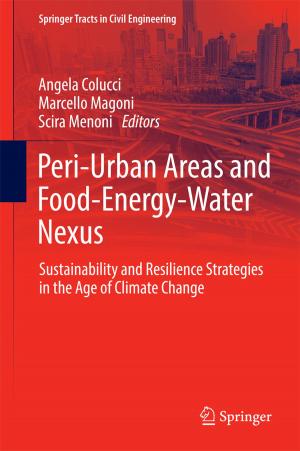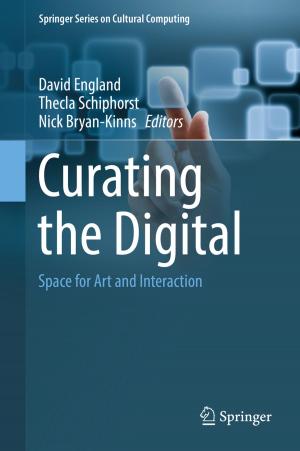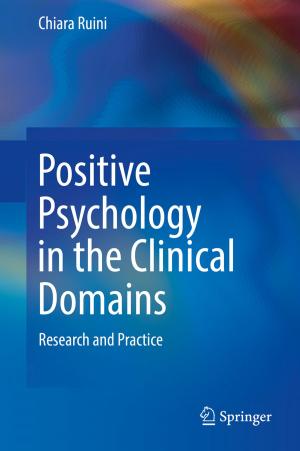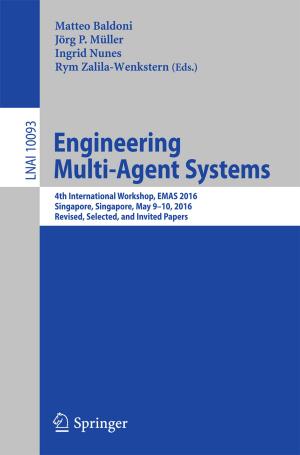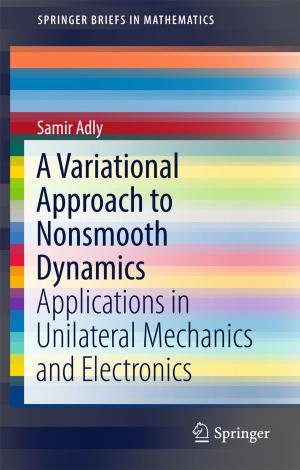Challenges and Options: The Academic Profession in Europe
Nonfiction, Reference & Language, Education & Teaching, Higher Education| Author: | ISBN: | 9783319458441 | |
| Publisher: | Springer International Publishing | Publication: | February 21, 2017 |
| Imprint: | Springer | Language: | English |
| Author: | |
| ISBN: | 9783319458441 |
| Publisher: | Springer International Publishing |
| Publication: | February 21, 2017 |
| Imprint: | Springer |
| Language: | English |
This volume explores the various issues that have an impact on the academic career of professionals in European higher education. Higher Education Institutions (HEIs) are currently subject to profound uncertainties and are more challenged than ever on quality issues, both with regard to their conceptual nature and in the extension and amendment of their mission. Divided into three parts, the first part of the book deals with the challenges and issues in higher education academic careers. It addresses such topics as the influence of European policies and changes, the cultural differences in the preferences of academics for teaching or research, the increasing inequality in working conditions for academics, and the changing nature of academic strategy in the transformational world of higher education with its implications for academic structures, work and careers. The second part of the book analyses the findings of a national study on satisfaction of academics in Portuguese higher education, carried out at the Centre for Research on Higher Education Policies (CIPES). The third part offers a comparative analysis of a number of national European case studies, focusing on the changing relevance of and increasing expectations around academic careers. The concluding chapter discusses whether the academic profession is merely an artificial term that has to do with a heterogeneous range of occupations, or if there are important common elements of the academic profession across European Higher Education systems.
This volume explores the various issues that have an impact on the academic career of professionals in European higher education. Higher Education Institutions (HEIs) are currently subject to profound uncertainties and are more challenged than ever on quality issues, both with regard to their conceptual nature and in the extension and amendment of their mission. Divided into three parts, the first part of the book deals with the challenges and issues in higher education academic careers. It addresses such topics as the influence of European policies and changes, the cultural differences in the preferences of academics for teaching or research, the increasing inequality in working conditions for academics, and the changing nature of academic strategy in the transformational world of higher education with its implications for academic structures, work and careers. The second part of the book analyses the findings of a national study on satisfaction of academics in Portuguese higher education, carried out at the Centre for Research on Higher Education Policies (CIPES). The third part offers a comparative analysis of a number of national European case studies, focusing on the changing relevance of and increasing expectations around academic careers. The concluding chapter discusses whether the academic profession is merely an artificial term that has to do with a heterogeneous range of occupations, or if there are important common elements of the academic profession across European Higher Education systems.
